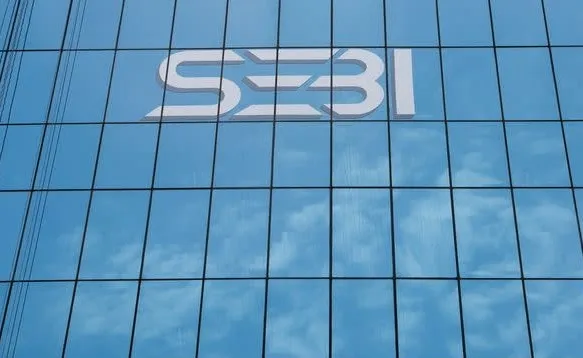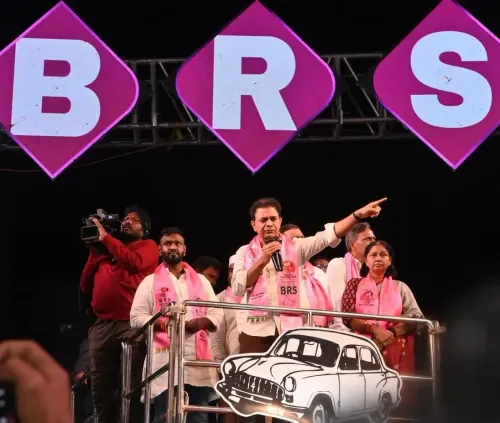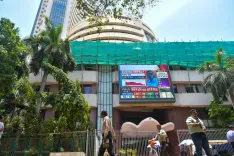SEBI Introduces Direct Arbitration for High-Value Complaints

Synopsis
Key Takeaways
- Direct arbitration for complaints over Rs 10 crore.
- Public feedback on proposals until May 12.
- Separate panels for conciliators and arbitrators.
- Legal recognition of electronic settlements.
- Annual evaluations for dispute resolution professionals.
Mumbai, April 21 (NationPress) The Securities and Exchange Board of India (SEBI) proposed a novel approach on Monday to directly forward select disputes to arbitration, bypassing the initial conciliation stage.
This initiative is part of SEBI's extensive strategy to enhance the Online Dispute Resolution (ODR) framework within the Indian securities sector, aiming for increased efficiency.
As outlined in SEBI's consultation paper, disputes involving financial claims of Rs 10 crore or more, as well as chronic or repetitive complaints, should be directed straight to arbitration.
This adjustment is designed to expedite the resolution of longstanding and intricate disputes. SEBI has called for public feedback on these proposals until May 12.
Additionally, cases that may qualify for direct arbitration include those initiated by specific institutions, recovery claims from trading members, situations where both parties consent to arbitration, and legal or time-barred issues recognized early in the process.
However, if a party opts against arbitration, the case will be closed in the ODR portal. The concerned party still has the option to seek resolution through alternative legal avenues outside the ODR framework.
The capital markets regulator also proposed that settlements achieved through conciliation should be recognized electronically and hold legal weight.
Furthermore, it suggested that ODR institutions should have distinct panels for conciliators and arbitrators, ensuring that an individual does not fulfill both roles.
These professionals will undergo annual evaluations to uphold the quality of dispute resolution.
To streamline the process, SEBI has proposed that all market infrastructure institutions (MIIs) and ODR entities collaboratively develop a Standard Operating Procedure (SOP) for the ODR framework.
This SOP will detail the steps for lodging complaints, necessary documentation, managing repetitive or invalid complaints, and delineating responsibilities for each party during various stages such as pre-conciliation, conciliation, and arbitration.
The SOP will also encompass regulations for recording proceedings, fee payments, enforcement of arbitration awards, and actions against participants who violate the rules.
“This document will be available online and will be reviewed annually to ensure its relevance,” stated the market regulator.









